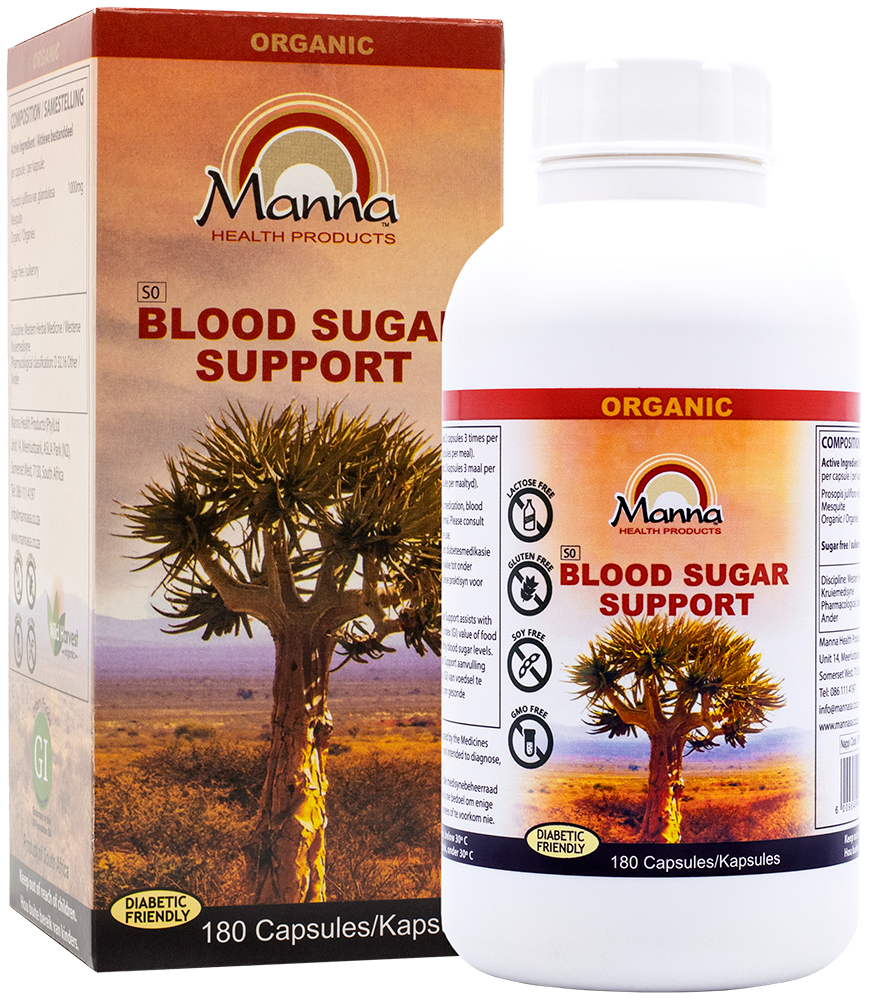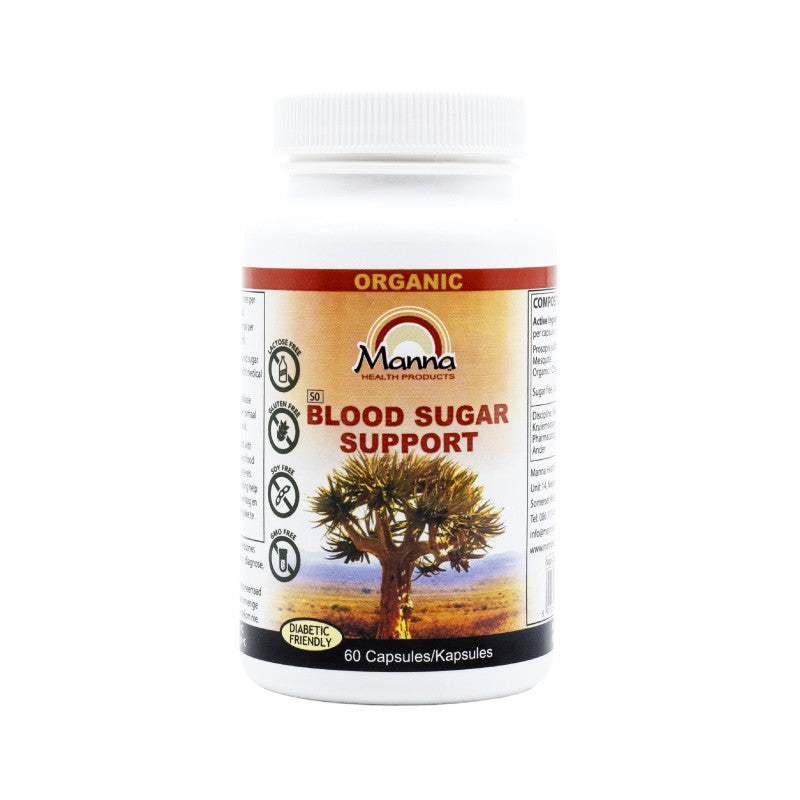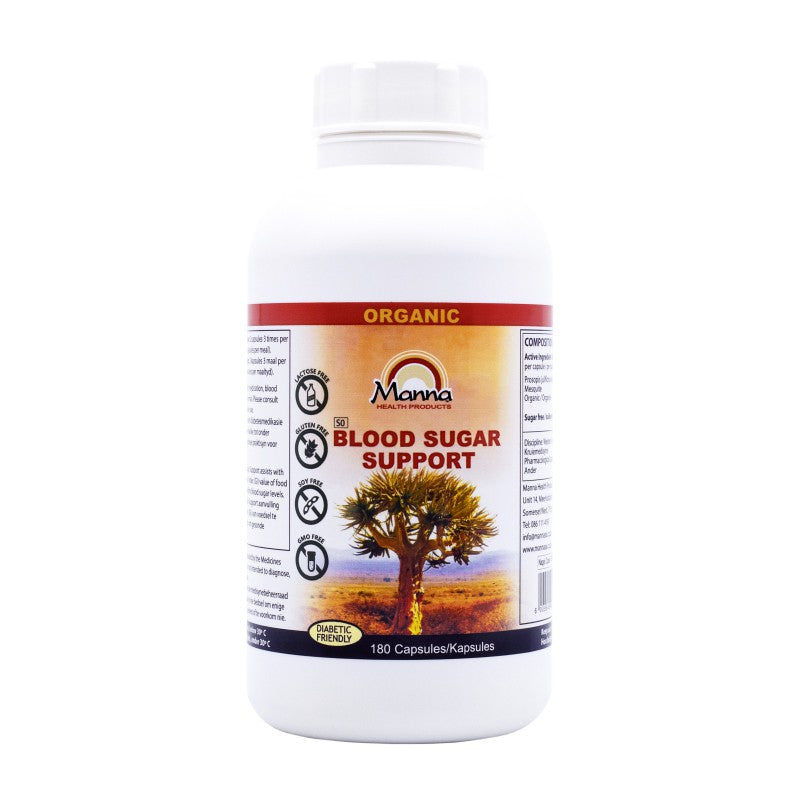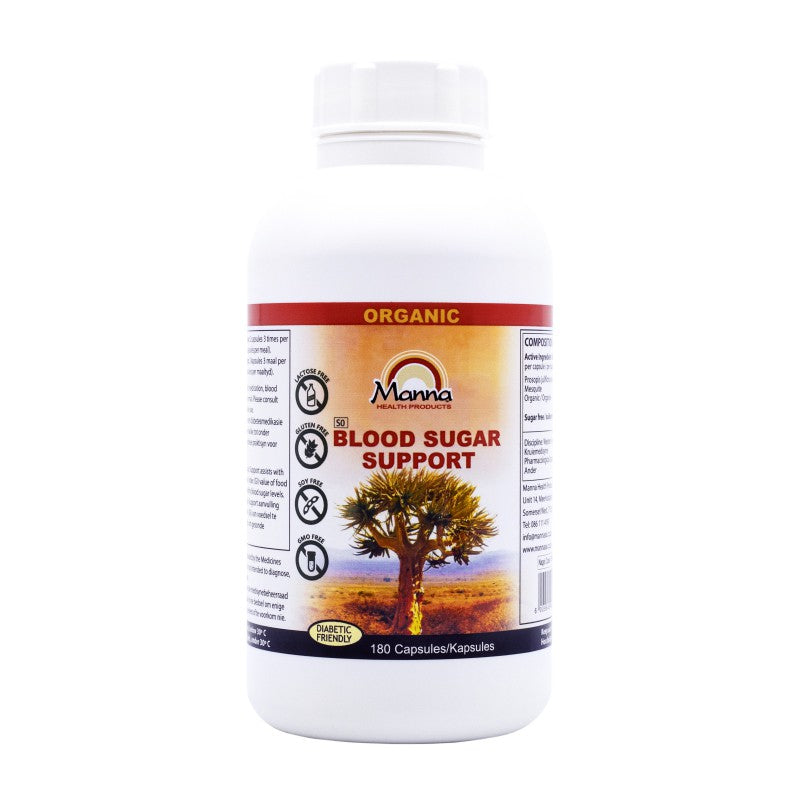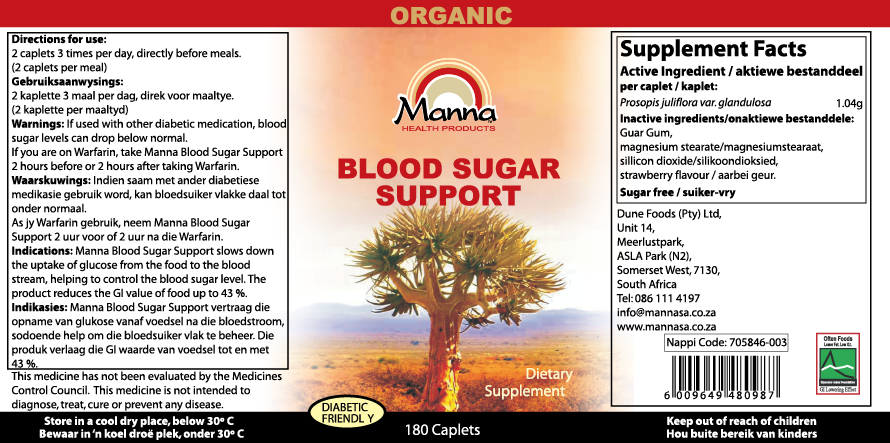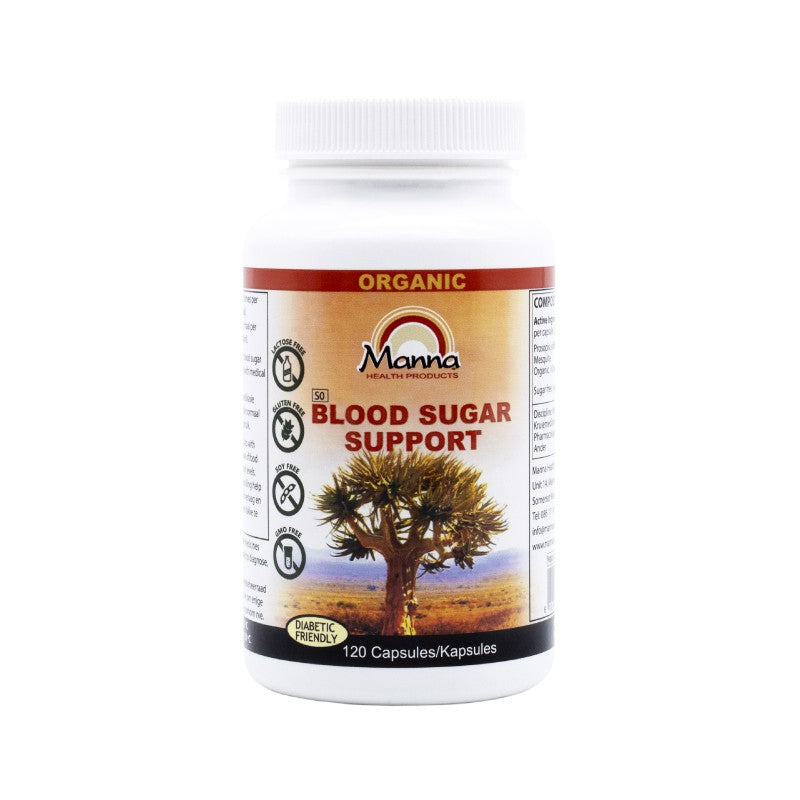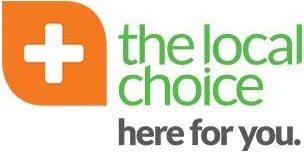Children with ADHD can better their attention span and memory by managing their blood sugar levels
ADHD symptoms cause havoc in children’s lives. The diagnosis of this disease is on the rise, and it is difficult to treat. ADHD children struggle with learning disorders, depression, anxiety, addictive behaviour, and obesity in their adulthood. People with ADHD may have trouble focusing or paying attention to a task at hand. They can also act impulsively and can be hyperactive.
Although it is unclear what exactly the cause of ADHD is, researchers believe that genetics, environmental and biological factors contribute to the incidence of ADHD.
However, research has also been done about the connection between nutrition and ADHD. Changing your child’s diet is within your control. What you eat is known to influence your brain and behaviour. Foods that cause your blood sugar levels to spike can result in many of the same symptoms as ADHD.
Diet and blood sugar levels
We all experience instabilities in our blood sugar (glucose) levels. Eating sugar or any food high on the Glycemic Index (GI) will cause a spike in your blood sugar levels. Foods with a high GI include bread, rice, breakfast cereals, pasta, baked goods, starchy vegetables, and sugar-sweetened drinks. Within 45 minutes of eating food with lots of sugar, your blood sugar levels will be at their highest and then slowly decrease. Within two hours, they will return to normal.
If your body cannot lower blood sugar levels, you may be diagnosed with diabetes. People with diabetes have blood sugar levels that are constantly high because their bodies either don’t produce enough insulin or can’t effectively use it. Insulin’s job is to move glucose out of your bloodstream and into your cells. Without this process, glucose builds up in the blood, putting immense strain on organs and cells and leading to health complications.
If your child shows ADHD symptoms, it might also be worthwhile to check their blood sugar levels and prevent the onset of diabetes. Read on to see what researchers say about the connection between high blood sugar levels and ADHD.
The link between high blood sugar and ADHD – what does the research say?
A 2007 study published in Physiology & Behavior gave children, aged 6 to 7, breakfasts with different glycaemic loads. Researchers measured the children’s memory, ability to focus, frustration levels, and task completion. They found that a low GI breakfast enhanced performance: better memory and attention, less frustration, and more time on task.
Interestingly, glucose later in the day was beneficial. Children who consumed a glucose drink in the afternoon showed improved performance. But consuming lots of glucose in the morning had negative effects.
Another study, published in Clinical Nutrition ESPEN in 2020, found that eating vegetables, fruits, legumes, and fish could decrease the odds of ADHD by up to 37%. Conversely, a Western diet high in refined grains, processed meats, hydrogenated fats, and sugary snacks increased ADHD risk.
These studies show a clear connection between ADHD symptoms and blood sugar levels. Today’s Western diet causes frequent blood sugar spikes. In contrast, a diet rich in whole foods can stabilize blood sugar and potentially lower ADHD risk.
A low GI breakfast that keeps blood sugar stable may help reduce symptoms such as difficulty with memory and focus.
Takeaway
ADHD causes problems with focus and attention, which may be linked to blood sugar spikes. The CDC recommends a balanced diet to help manage ADHD. Eating foods that are low on the GI scale—like whole vegetables, fruits, legumes, and nuts—can improve memory and concentration.
- Healthy habits for managing high blood sugar also benefit those with ADHD:
- Regular physical activity
- Plenty of quality sleep
- Less screen time and more movement during the day
The good news is that blood sugar levels can be managed—through diet, lifestyle, and in some cases, supplements.




